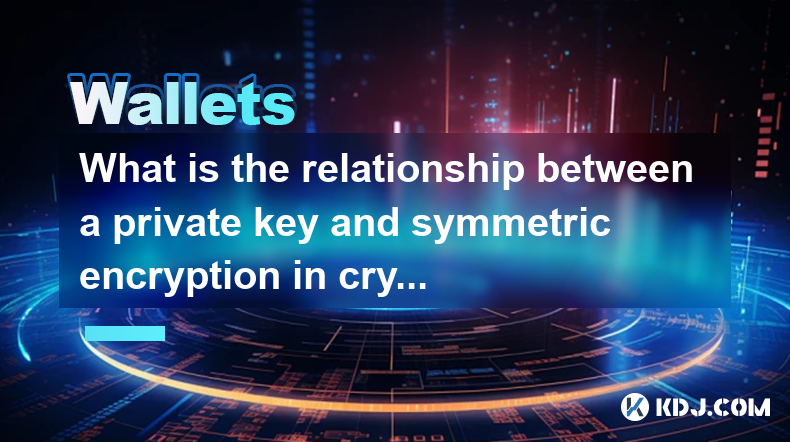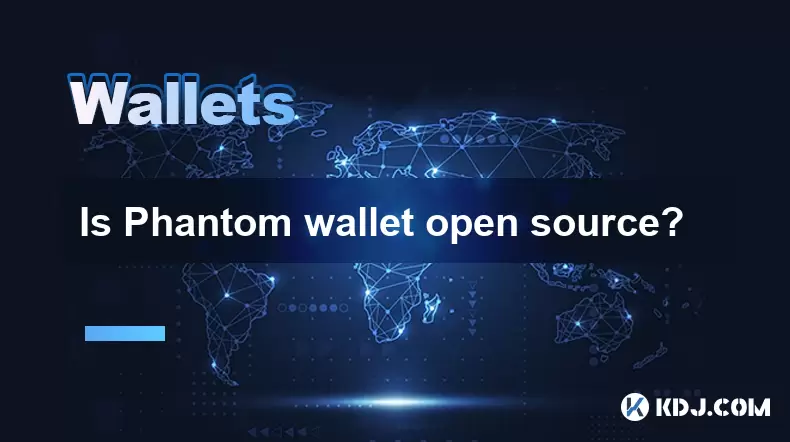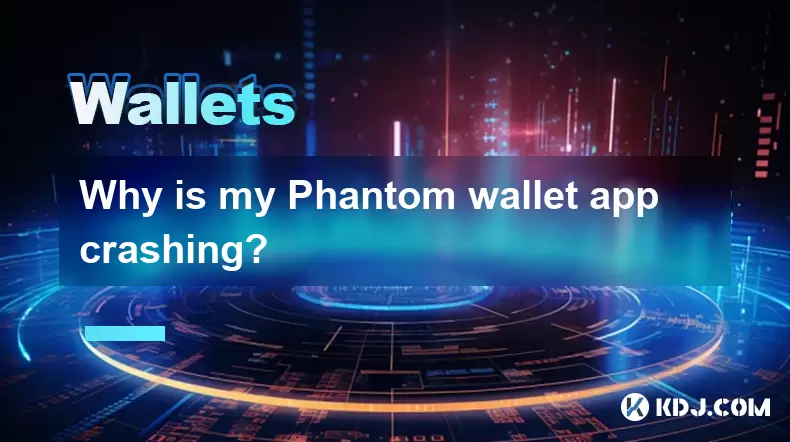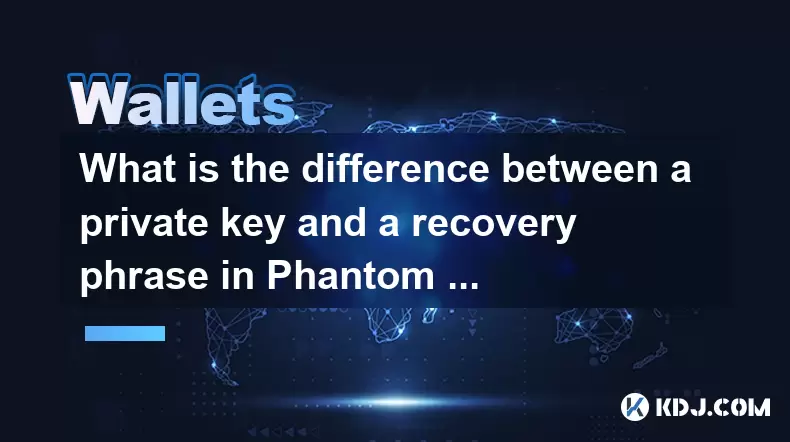-
 Bitcoin
Bitcoin $109,459.7682
2.44% -
 Ethereum
Ethereum $2,598.6052
6.29% -
 Tether USDt
Tether USDt $1.0003
0.00% -
 XRP
XRP $2.2734
3.95% -
 BNB
BNB $661.4886
1.58% -
 Solana
Solana $155.4825
4.35% -
 USDC
USDC $0.9999
-0.02% -
 TRON
TRON $0.2838
1.04% -
 Dogecoin
Dogecoin $0.1740
8.25% -
 Cardano
Cardano $0.6047
9.04% -
 Hyperliquid
Hyperliquid $40.2302
6.50% -
 Sui
Sui $2.9863
10.05% -
 Bitcoin Cash
Bitcoin Cash $509.5786
0.60% -
 Chainlink
Chainlink $13.8156
6.03% -
 UNUS SED LEO
UNUS SED LEO $9.0142
0.69% -
 Avalanche
Avalanche $19.0337
8.68% -
 Stellar
Stellar $0.2438
5.17% -
 Toncoin
Toncoin $2.9012
3.59% -
 Shiba Inu
Shiba Inu $0.0...01210
6.20% -
 Litecoin
Litecoin $90.0882
7.05% -
 Hedera
Hedera $0.1597
8.53% -
 Monero
Monero $326.3340
2.88% -
 Polkadot
Polkadot $3.6365
9.32% -
 Bitget Token
Bitget Token $4.6162
2.72% -
 Dai
Dai $1.0001
0.00% -
 Ethena USDe
Ethena USDe $1.0002
-0.01% -
 Uniswap
Uniswap $7.6403
10.47% -
 Pepe
Pepe $0.0...01060
12.03% -
 Aave
Aave $281.3664
7.56% -
 Pi
Pi $0.4992
1.76%
What is the relationship between a private key and symmetric encryption in cryptography?
Private keys are crucial for asymmetric, not symmetric, encryption. Symmetric encryption uses one key for both encryption and decryption, while asymmetric uses a public key to encrypt and a private key to decrypt, often working together for enhanced security.
Mar 13, 2025 at 06:45 pm

Key Points:
- Private keys are fundamental to asymmetric cryptography, not symmetric cryptography.
- Symmetric encryption uses a single key for both encryption and decryption.
- Asymmetric cryptography, which utilizes private keys, employs separate keys for encryption (public key) and decryption (private key).
- While seemingly unrelated at first glance, understanding the contrast highlights the distinct security models employed.
- Misunderstanding this relationship can lead to vulnerabilities in cryptographic systems.
What is the relationship between a private key and symmetric encryption in cryptography?
The relationship between a private key and symmetric encryption is primarily one of contrast rather than direct connection. Private keys are a cornerstone of asymmetric cryptography, a system fundamentally different from symmetric encryption. Symmetric encryption uses a single, secret key for both encrypting and decrypting data. Think of it like a padlock with only one key; both sender and receiver need the same key. This shared secret needs to be securely exchanged, which presents a significant challenge.
Private keys, on the other hand, exist within the realm of asymmetric or public-key cryptography. This system uses two distinct keys: a public key for encryption and a private key for decryption. The public key can be widely distributed, while the private key must remain absolutely secret. This solves the key exchange problem inherent in symmetric encryption. The analogy here is a mailbox with a slot for dropping letters (public key for encryption) and a key to access the mail inside (private key for decryption).
The core difference lies in their functionality and the security models they support. Symmetric encryption relies on the secrecy of a single key, making secure key distribution crucial. Asymmetric encryption leverages the mathematical relationship between the public and private keys, allowing for secure communication without the need to pre-share a secret key.
Let's examine a scenario where both are used together, a common practice in many secure systems. Often, a symmetric key is used for encrypting the actual data because it's significantly faster than asymmetric encryption. However, the symmetric key itself is encrypted using the recipient's public key before transmission. Only the recipient, possessing the corresponding private key, can decrypt the symmetric key and then use it to decrypt the actual data. This hybrid approach combines the speed of symmetric encryption with the secure key exchange provided by asymmetric cryptography.
Consider the following example illustrating the difference:
- Symmetric Encryption: Alice and Bob share a secret key. Alice encrypts a message using the key, and Bob decrypts it using the same key. If someone intercepts the message, they cannot decrypt it without the shared key.
- Asymmetric Encryption: Alice has a public and private key pair. Bob uses Alice's public key to encrypt a message. Only Alice, with her private key, can decrypt it. Even if someone intercepts the message and obtains Alice's public key, they cannot decrypt it without the private key.
The private key’s role is exclusively within the asymmetric system. It doesn't directly interact with or influence the mechanics of symmetric encryption. Their connection is primarily in practical implementation where they often work together to provide a robust and efficient security solution. The private key safeguards the symmetric key, ensuring only the intended recipient can access the actual data. Misunderstanding this distinction can lead to vulnerabilities. For example, relying solely on symmetric encryption without a secure key exchange mechanism can compromise the entire system.
Frequently Asked Questions:
Q: Can a private key be used for encryption?
A: Yes, a private key can be used for encryption, but this is less common than using it for decryption. This is often referred to as digital signatures, verifying the authenticity and integrity of the message. The sender encrypts a message digest (a cryptographic hash of the message) with their private key. The recipient can then verify the signature using the sender's public key.
Q: What happens if a private key is compromised?
A: If a private key is compromised, the security of the entire system reliant on that key is jeopardized. Anyone with access to the private key can decrypt messages intended for the owner of the key, and can forge signatures. This is why private key security is paramount.
Q: Is symmetric encryption more secure than asymmetric encryption?
A: Neither is inherently "more secure". The security of both depends on the implementation and the strength of the algorithms used. Symmetric encryption is generally faster, but the challenge lies in secure key exchange. Asymmetric encryption addresses this challenge but is computationally more intensive.
Q: Can I generate my own private key using a simple algorithm?
A: No. Generating strong private keys requires sophisticated cryptographic algorithms and random number generators to ensure the keys are unpredictable and resistant to attacks. Using simple algorithms would produce weak keys, easily compromised.
Q: What are some common uses of private keys in cryptocurrencies?
A: In cryptocurrencies, private keys are used to authorize transactions. Ownership of a private key proves ownership of the corresponding cryptocurrency address and allows the owner to spend the funds associated with that address. Losing your private key means losing access to your cryptocurrency.
Disclaimer:info@kdj.com
The information provided is not trading advice. kdj.com does not assume any responsibility for any investments made based on the information provided in this article. Cryptocurrencies are highly volatile and it is highly recommended that you invest with caution after thorough research!
If you believe that the content used on this website infringes your copyright, please contact us immediately (info@kdj.com) and we will delete it promptly.
- Altcoin Alert: Binance Listings and the Wild West of Crypto
- 2025-07-03 14:30:11
- Decentralized Stablecoins in 2025: Challenging Centralized Counterparts?
- 2025-07-03 14:30:11
- Meme Coin Mania: Is BTC Bull the Next Big Thing in a Limited Time BTC Bull Run?
- 2025-07-03 12:30:11
- Bitcoin Soars to $109,000: What's Fueling the Crypto Rally?
- 2025-07-03 10:30:13
- Hong Kong: Racing to Be the World's Tokenization Hub
- 2025-07-03 14:50:11
- Splatterhouse Rocks Retro Scene: A UK Magazine Deep Dive
- 2025-07-03 12:30:11
Related knowledge

How to lock my Phantom wallet extension?
Jul 03,2025 at 11:14am
What Is the Phantom Wallet and Why Lock It?The Phantom wallet is a popular non-custodial cryptocurrency wallet designed for interacting with the Solana blockchain. Supporting both browser extensions and mobile apps, Phantom allows users to store, send, receive, and stake SOL tokens, as well as interact with decentralized applications (dApps). Securing y...

Does Phantom wallet offer two-factor authentication (2FA)?
Jul 03,2025 at 09:00am
Understanding Phantom Wallet and Its Security FeaturesPhantom wallet is a widely used non-custodial cryptocurrency wallet that supports the Solana blockchain. It allows users to store, send, receive, and interact with decentralized applications (dApps) seamlessly. As security is a top priority for any crypto wallet user, security features like two-facto...

What is "rent" on Solana and how does it affect my Phantom wallet?
Jul 02,2025 at 08:35pm
Understanding 'Rent' on SolanaIn the context of Solana, the term 'rent' refers to a storage fee that users pay for maintaining data on the blockchain. Unlike Ethereum, where storage costs are paid once via gas fees during contract deployment, Solana implements a recurring cost model to ensure efficient usage of network resources. This means that any acc...

Is Phantom wallet open source?
Jul 03,2025 at 12:29am
What is Phantom Wallet?Phantom wallet is a non-custodial cryptocurrency wallet primarily designed for the Solana blockchain. It allows users to store, send, receive, and interact with decentralized applications (dApps) on the Solana network. The wallet is available as a browser extension and mobile application, offering a seamless experience for both be...

Why is my Phantom wallet app crashing?
Jul 02,2025 at 07:35pm
Understanding Phantom Wallet App CrashesIf you're experiencing issues with the Phantom wallet app crashing, you're not alone. Many users have reported similar problems, especially during high network activity or after recent updates. Phantom is a popular Solana-based wallet that allows users to store, send, and receive SOL tokens as well as interact wit...

What is the difference between a private key and a recovery phrase in Phantom wallet?
Jul 02,2025 at 09:57am
Understanding the Basics of Phantom WalletPhantom wallet is a non-custodial digital wallet primarily used for interacting with the Solana blockchain. It allows users to store, send, and receive SOL tokens and other digital assets like NFTs. Non-custodial means that the user retains full control over their private keys and recovery phrases. Understanding...

How to lock my Phantom wallet extension?
Jul 03,2025 at 11:14am
What Is the Phantom Wallet and Why Lock It?The Phantom wallet is a popular non-custodial cryptocurrency wallet designed for interacting with the Solana blockchain. Supporting both browser extensions and mobile apps, Phantom allows users to store, send, receive, and stake SOL tokens, as well as interact with decentralized applications (dApps). Securing y...

Does Phantom wallet offer two-factor authentication (2FA)?
Jul 03,2025 at 09:00am
Understanding Phantom Wallet and Its Security FeaturesPhantom wallet is a widely used non-custodial cryptocurrency wallet that supports the Solana blockchain. It allows users to store, send, receive, and interact with decentralized applications (dApps) seamlessly. As security is a top priority for any crypto wallet user, security features like two-facto...

What is "rent" on Solana and how does it affect my Phantom wallet?
Jul 02,2025 at 08:35pm
Understanding 'Rent' on SolanaIn the context of Solana, the term 'rent' refers to a storage fee that users pay for maintaining data on the blockchain. Unlike Ethereum, where storage costs are paid once via gas fees during contract deployment, Solana implements a recurring cost model to ensure efficient usage of network resources. This means that any acc...

Is Phantom wallet open source?
Jul 03,2025 at 12:29am
What is Phantom Wallet?Phantom wallet is a non-custodial cryptocurrency wallet primarily designed for the Solana blockchain. It allows users to store, send, receive, and interact with decentralized applications (dApps) on the Solana network. The wallet is available as a browser extension and mobile application, offering a seamless experience for both be...

Why is my Phantom wallet app crashing?
Jul 02,2025 at 07:35pm
Understanding Phantom Wallet App CrashesIf you're experiencing issues with the Phantom wallet app crashing, you're not alone. Many users have reported similar problems, especially during high network activity or after recent updates. Phantom is a popular Solana-based wallet that allows users to store, send, and receive SOL tokens as well as interact wit...

What is the difference between a private key and a recovery phrase in Phantom wallet?
Jul 02,2025 at 09:57am
Understanding the Basics of Phantom WalletPhantom wallet is a non-custodial digital wallet primarily used for interacting with the Solana blockchain. It allows users to store, send, and receive SOL tokens and other digital assets like NFTs. Non-custodial means that the user retains full control over their private keys and recovery phrases. Understanding...
See all articles

























































































